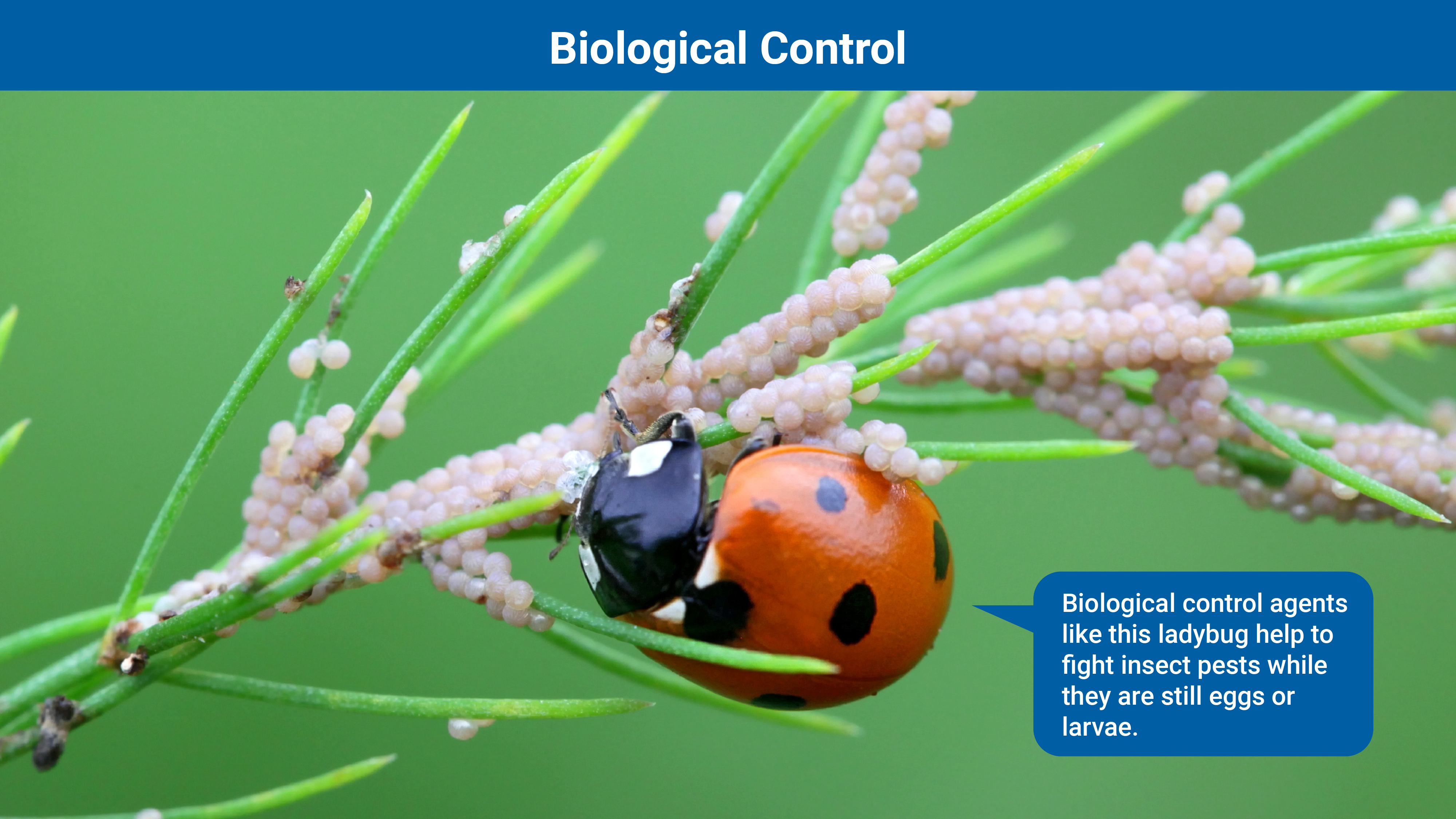Biological Pest Repellent Solutions: Nature’s Defense Against Pests
Introduction: As concerns about the environmental impact of traditional pest control methods grow, many are…


Introduction:
As concerns about the environmental impact of traditional pest control methods grow, many are turning to Biological Pest Repellent Solutions. These eco-friendly alternatives harness the power of nature to keep pests at bay, offering a sustainable and effective approach.
The Downside of Traditional Pest Control:
Conventional pest control methods often rely on chemical-laden solutions that can have adverse effects on the environment, human health, and non-targeted species. Biological pest repellents present a compelling alternative, addressing these concerns while maintaining efficacy.
Harnessing Nature’s Defense Mechanisms:
Biological pest repellent solutions leverage natural substances and organisms to deter pests. Beneficial insects, such as ladybugs and predatory mites, play a crucial role in controlling pest populations. These allies work in harmony with the environment, providing a sustainable and chemical-free approach to pest management.
Botanical Repellents: A Plant-Powered Defense:
Plants have been defending themselves against pests for centuries, and we can harness their natural defenses. Botanical repellents, derived from plants like neem, peppermint, and citronella, act as effective barriers against pests. These plant-powered solutions offer a safe and environmentally friendly way to keep unwanted visitors at bay.
Microbial Insecticides: Targeting Pests with Precision:
Microbial insecticides, such as those containing Bacillus thuringiensis (Bt), are another biological pest repellent option. These naturally occurring bacteria specifically target certain pests, leaving beneficial insects unharmed. This precision targeting minimizes the impact on non-target species and reduces the risk of environmental contamination.
Biological Pest Repellents in Agriculture:
The use of biological pest repellents is not limited to homes; it extends to agriculture as well. Farmers are increasingly adopting these solutions to maintain crop health without relying on harmful chemicals. This shift promotes sustainable farming practices and helps preserve the delicate balance of ecosystems.
Benefits for Indoor Pest Control:
Biological pest repellents are not just for outdoor use; they can be effective indoors as well. Many households are adopting these solutions to keep common pests, such as ants and spiders, in check without compromising indoor air quality or risking exposure to toxic substances.
Creating a Balanced Ecosystem:
One of the significant advantages of biological pest repellents is their ability to promote a balanced ecosystem. Unlike chemical alternatives that disrupt the natural order, these solutions work with the environment, fostering biodiversity and creating a healthier and more resilient ecosystem.
Considerations for Implementation:
While biological pest repellents offer numerous benefits, proper implementation is key to success. Factors such as timing, application methods, and understanding the target pest’s lifecycle play crucial roles in optimizing the effectiveness of these solutions.
Conclusion:
Biological Pest Repellent Solutions offer a promising path towards sustainable pest control. By embracing the power of nature, we can protect our homes, crops, and environment without compromising on efficacy. To explore more about these eco-friendly solutions, visit HomeInHarmonia.com.
Incorporating biological pest repellents into our pest control strategies not only addresses current concerns but also contributes to a more sustainable and harmonious future.







